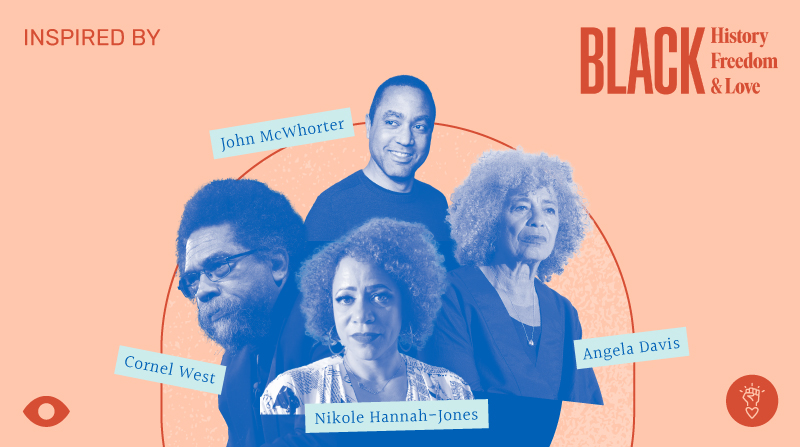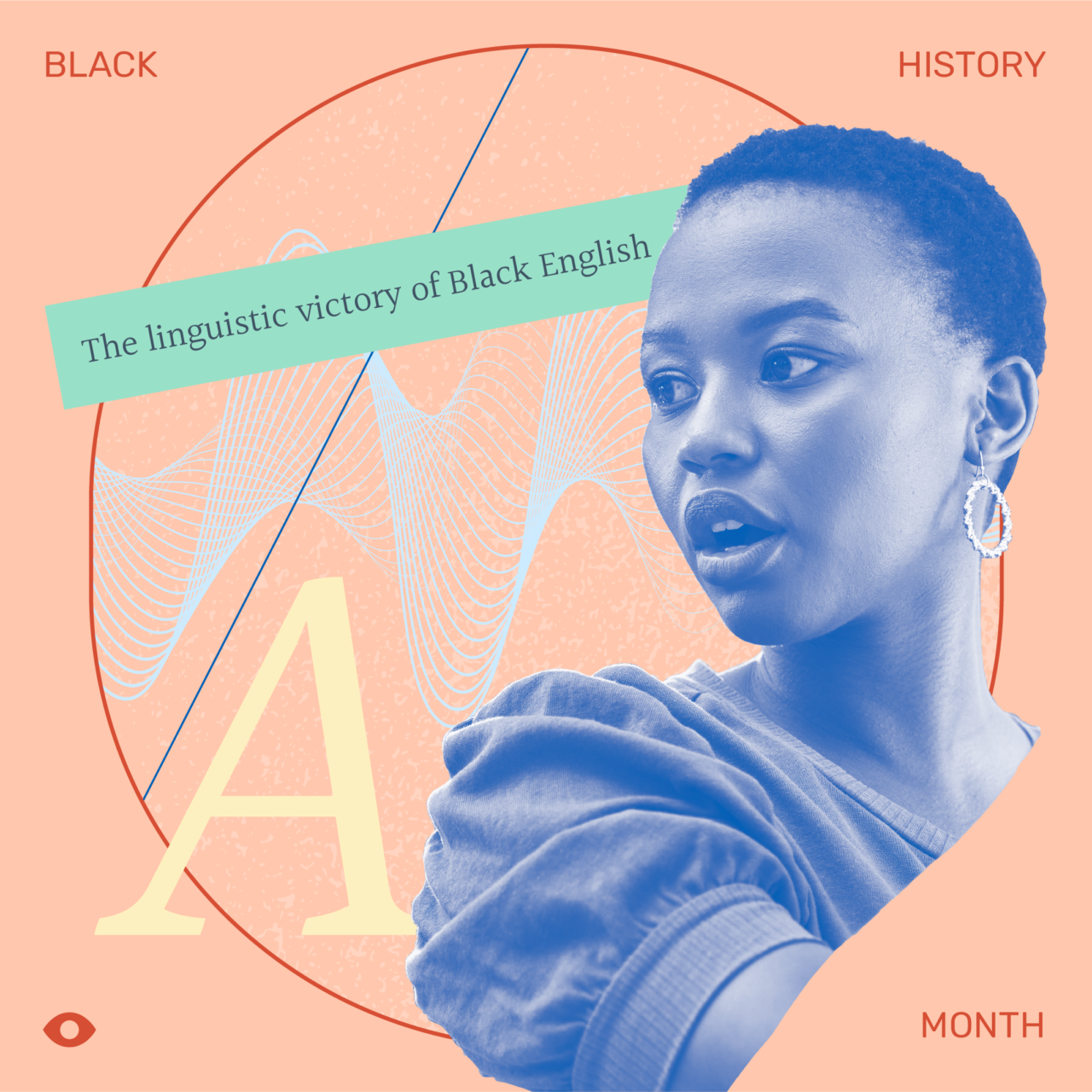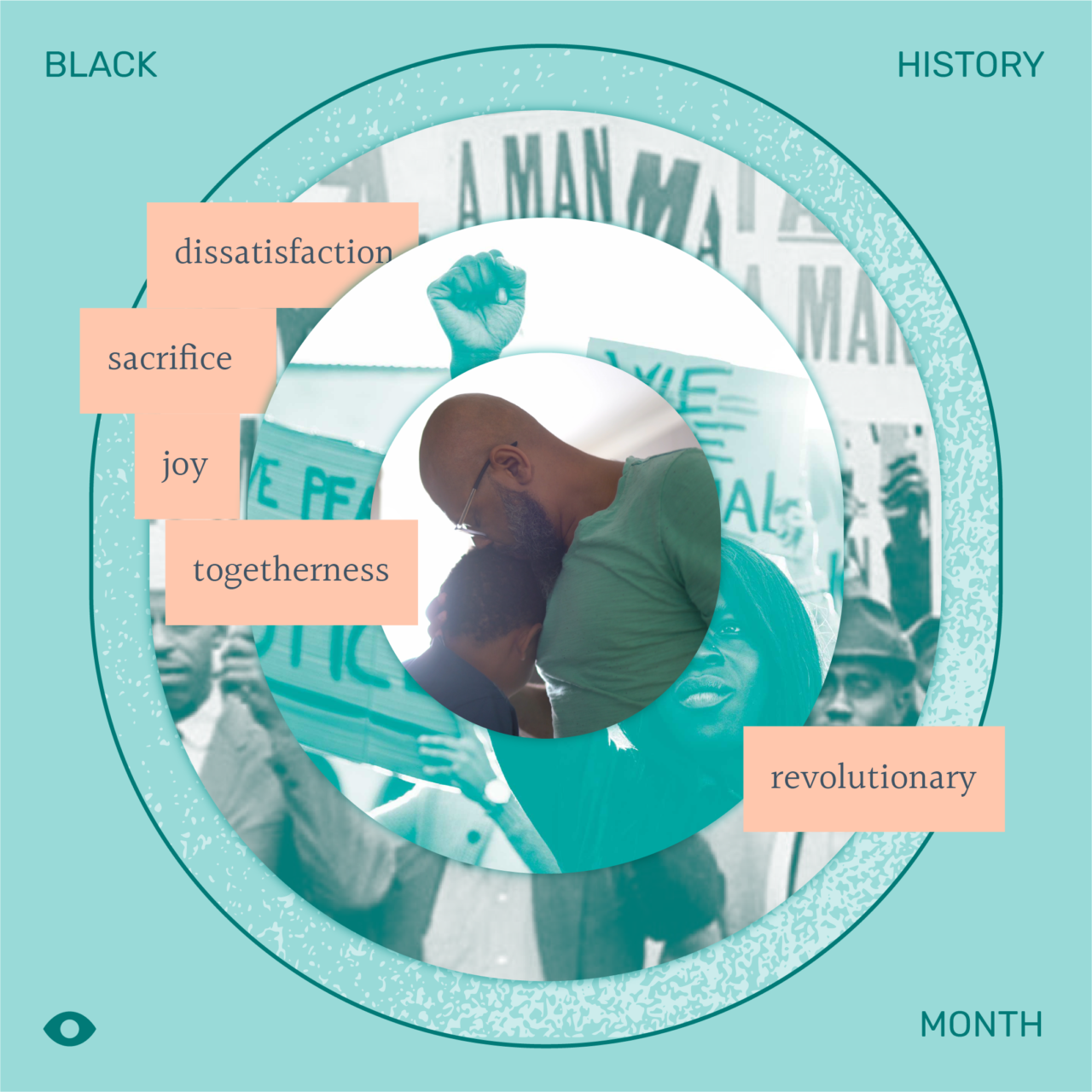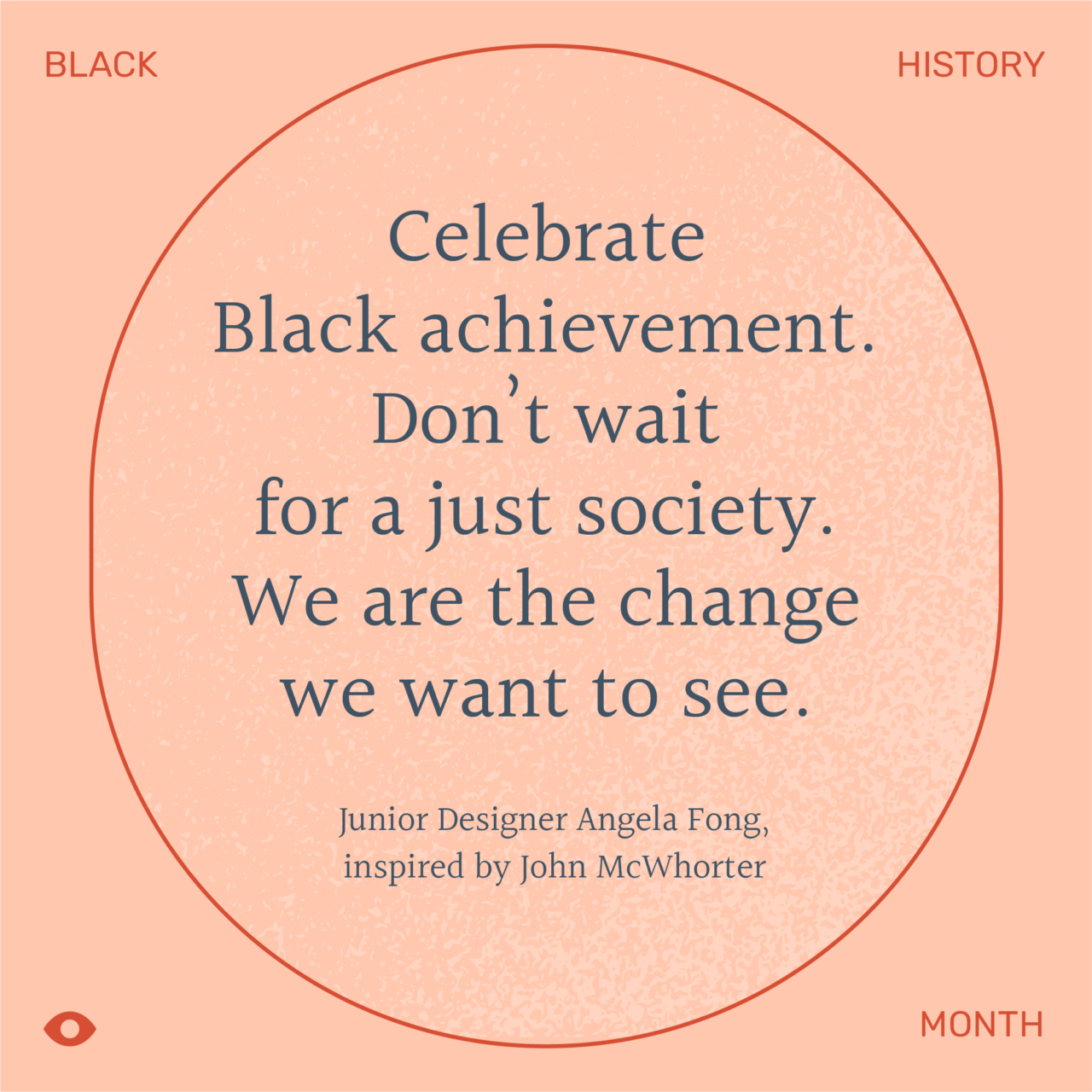Fighting for Social Justice: Using Education To Slay Complacency

WANT TO SEE MORE LIKE THIS?
Sign up to receive an alert for our latest articles on design and stuff that makes you go "Hmmm?"
We have been long-time supporters of social justice initiatives, but in the last eighteen months, we’ve felt the urge to do more as an agency.
As a diverse and empathetic team, the events of 2020 drove us to despair. The emotional toll during this time was especially high for our team working remotely. To give each other support, we started regular lunches, where we would talk about issues, commiserate, and share resources.
As 2020 bled into 2021, our endurance turned into perseverance and the desire to shift to action. We began to ask ourselves, “What could we do as an agency to support social justice?” Several of our team members lent their time and talents to causes they felt most passionate about. And our end-of-year Glantz Loves to Give campaign promoted and supported the social justice non-profits most dear to our team members’ hearts.
We choose to continue the good fight in 2022. Why? Because it so closely aligns with our Glantz Design values—BANDS.
Be a team player. Our close-knit team is diverse and inherently supportive. But we want to be the best teammates we can. To do that, we continue to push ourselves to understand others’ experiences and act in their support.
Act with kindness and also honesty. The familial and casual nature of our office, even virtually, means we actively connect with each other as humans each and every day. We hold each other accountable to being present and sensitive.
Be nimble but don’t cut corners. Our small size gives us the agility to spring into action. We must take advantage of this and be a force for good.
Do the right thing for the client. This value extends to doing the right thing for our team, our community and our society. Doing what’s right is simply part of our DNA.
Shun complacency. Don’t be a dinosaur. Evolving our skills and knowledge professionally is critical to our business health. And it’s equally important to us as warriors for social justice.
It’s with this core value—shun complacency—that we approach our efforts in 2022. Using our desire to constantly learn, teach and better ourselves, we attack our own weaknesses. We will double-down on our efforts to use education to lift our team out of complacency and, as a result, better fight for those groups who have been marginalized and continue to endure disadvantages.
Black History Month is the first of several months dedicated to supporting marginalized groups. Our team devoured the 10+ hours of “Black History, Black Freedom, & Black Love” content on MasterClass to learn, understand, and guide our support.
John McWhorter is a linguist who specializes in Black English. Our COO and Client Happiness Officer Anne Weber watched his MasterClass “The Triumph of Black English”, and learned the language’s sophisticated nuances and explains why it’s incorrect to reduce it to slang.

“Listening to John McWhorter speak as a Linguistics professor at Columbia, I learned about the definition of the word ‘Ebonics’ and the necessary and amazing evolution of black language,” Anne said. “This forced me to think about my own implicit biases when it comes to language.”
Angela Davis is a scholar, writer and activist who argues for Black women’s rights and liberation. Project Manager Hannah Gedwill took her MasterClass “My Life as a Revolutionary,” in which Davis describes her life as a revolutionary.

“Angela Davis describes a revolutionary as someone who wants to change the nature of society in a way that promotes a world where the needs and interests of the people are responded to,” Hannah shared. “To be revolutionary means to constantly express dissatisfaction with the status quo, to work hard and sacrifice, to experience pleasure and joy, and to come together. Only when we generate a sense of togetherness can we accomplish great things.”
In his MasterClass “Transcending Victimization,” linguist John McWhorter highlights the power of Black community despite systemic racism. Junior Designer, Angela Fong, learned that there’s an example of one such community in her backyard.

“Despite growing up in Chicago, I didn’t know the significance of Bronzeville,” Angela admitted. “And importantly, Bronzeville, Tulsa, Seneca Village—they weren’t exceptional. Black communities flourished across the nation. Professor John McWhorter reminds us to celebrate Black achievements and not wait for a just society. We are the change we want to see.”

